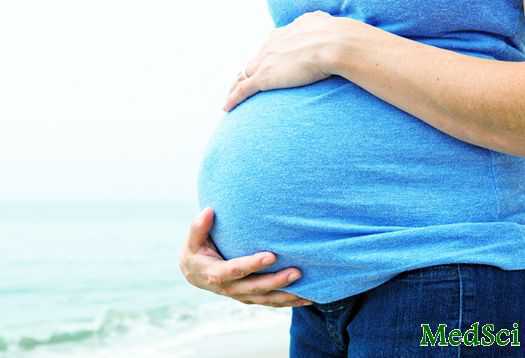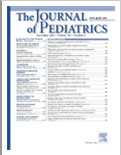AJP:新生儿体重异常增自闭症风险
2013-05-10 Am J Psychiatry MedSci原创
英国曼彻斯特大学的一项新研究称,新生儿体重过轻或过重,都会对其未来健康成长造成影响,他们患自闭症谱系障碍(ASD)的风险明显要高于体重正常的新生儿。 曼彻斯特大学研究人员对40000多名瑞典儿童的健康记录进行分析后得出上述结论,并将其发表在《美国精神病学杂志》上。

Deviance in fetal growth and risk of autism spectrum disorder.
OBJECTIVE
Understanding the relationship between fetal growth and autism spectrum disorder (ASD) is likely to advance the search for genetic and nongenetic causes of ASD. The authors explored the associations between fetal growth, gestational age, and ASD with and without comorbid intellectual disability in a Scandinavian study population.
METHOD
The authors conducted a matched nested case-control study within the Stockholm Youth Cohort that included all children ages 0-17 who resided in Stockholm County from 2001 to 2007 (N=589,114). The authors identified 4,283 children with ASD: 1,755 with intellectual disability and 2,528 without, and they selected 36,588 age- and sex-matched comparison subjects. ASD case subjects were ascertained from unique identifiers assigned to all Swedish residents and linkage with official registers covering all pathways of assessment or care of ASD in Stockholm County. The authors calculated z scores of deviance in fetal growth from a reference curve using records from the national Swedish Medical Birth Registry, which included ultrasound dating of gestational age as well as birth weight. Crude and adjusted odds ratios for ASD, ASD with intellectual disability, and ASD without intellectual disability were the main outcome measures.
RESULTS
ASD risk increased with fetal growth 1.50 standard deviations below and >2.00 standard deviations above the mean for gestational age; the greatest risk was for fetal growth that was less than 2.00 standard deviations below the mean (adjusted odds ratio=1.70; 95% CI=1.44-2.01) or greater than 2.00 standard deviations above the mean (adjusted odds ratio=1.50; 95% CI=1.27-1.77). The same overall pattern was observed for ASD with and without intellectual disabilities. However, poor fetal growth (i.e., growth below the mean) was more strongly associated with ASD with intellectual disabilities than without. Regardless of fetal growth, preterm birth increased ASD risk.
CONCLUSIONS
Deviance in fetal growth at either distributional extreme may be a significant antecedent to the development of ASD through genetic and/or nongenetic mechanisms.
本网站所有内容来源注明为“梅斯医学”或“MedSci原创”的文字、图片和音视频资料,版权均属于梅斯医学所有。非经授权,任何媒体、网站或个人不得转载,授权转载时须注明来源为“梅斯医学”。其它来源的文章系转载文章,或“梅斯号”自媒体发布的文章,仅系出于传递更多信息之目的,本站仅负责审核内容合规,其内容不代表本站立场,本站不负责内容的准确性和版权。如果存在侵权、或不希望被转载的媒体或个人可与我们联系,我们将立即进行删除处理。
在此留言











#自闭#
62